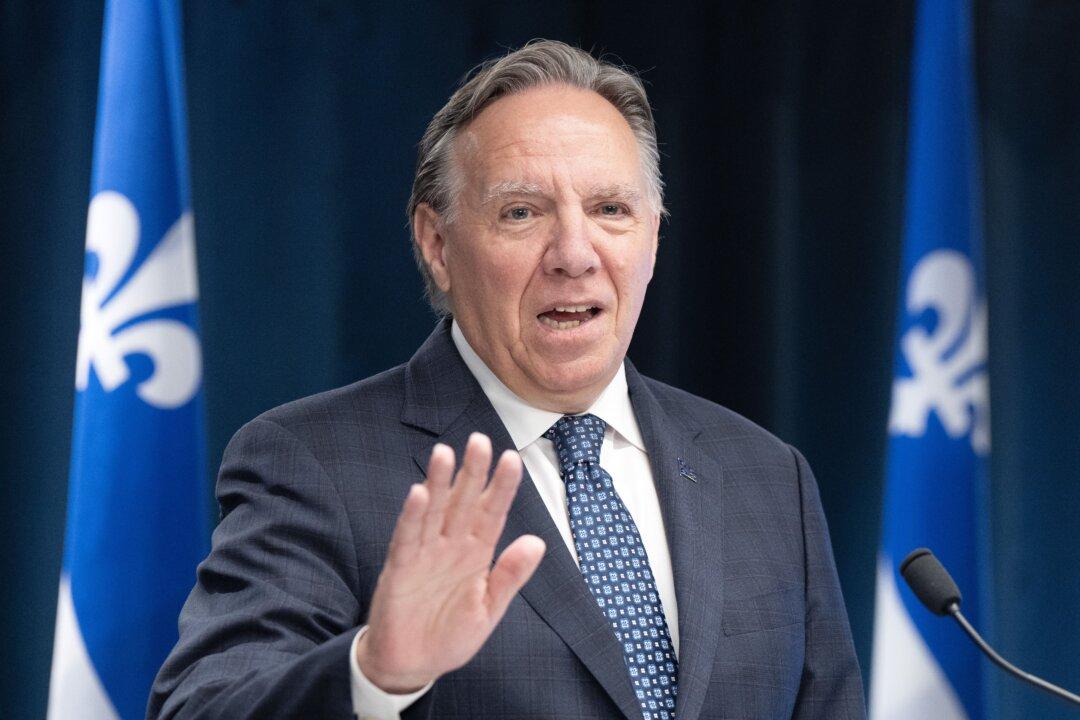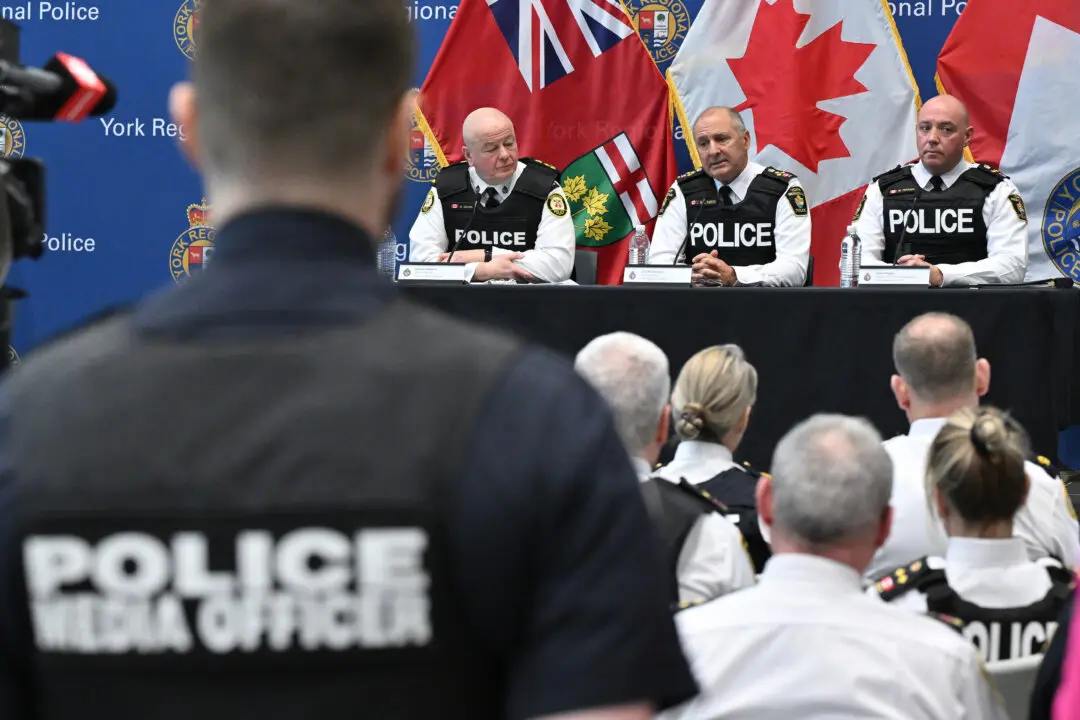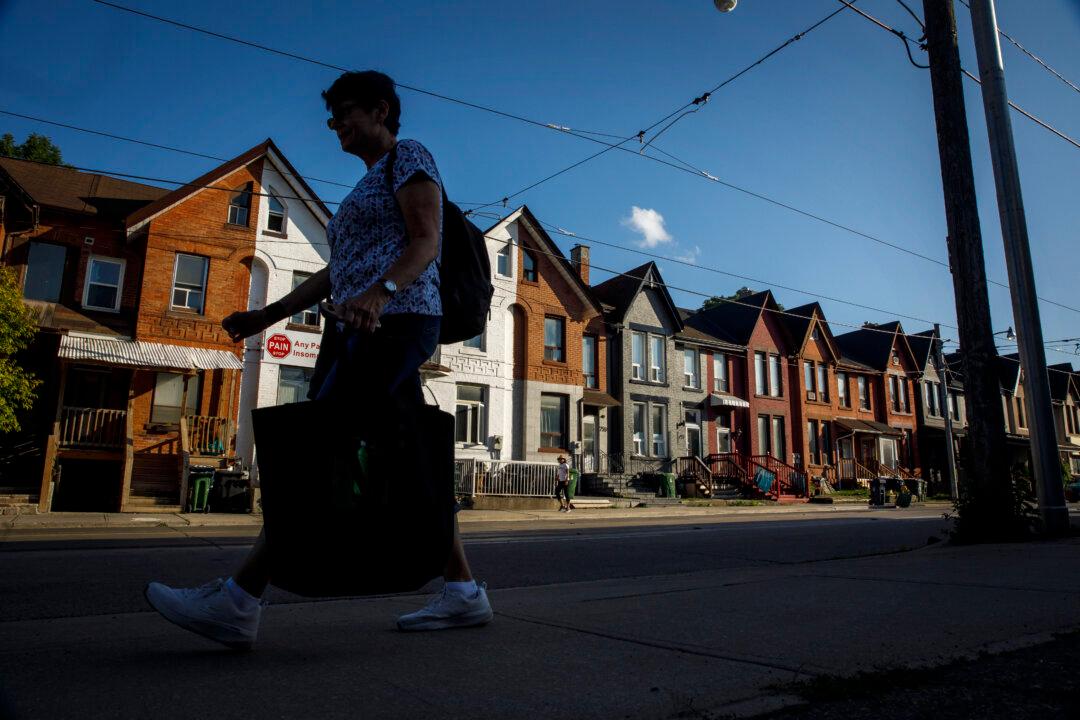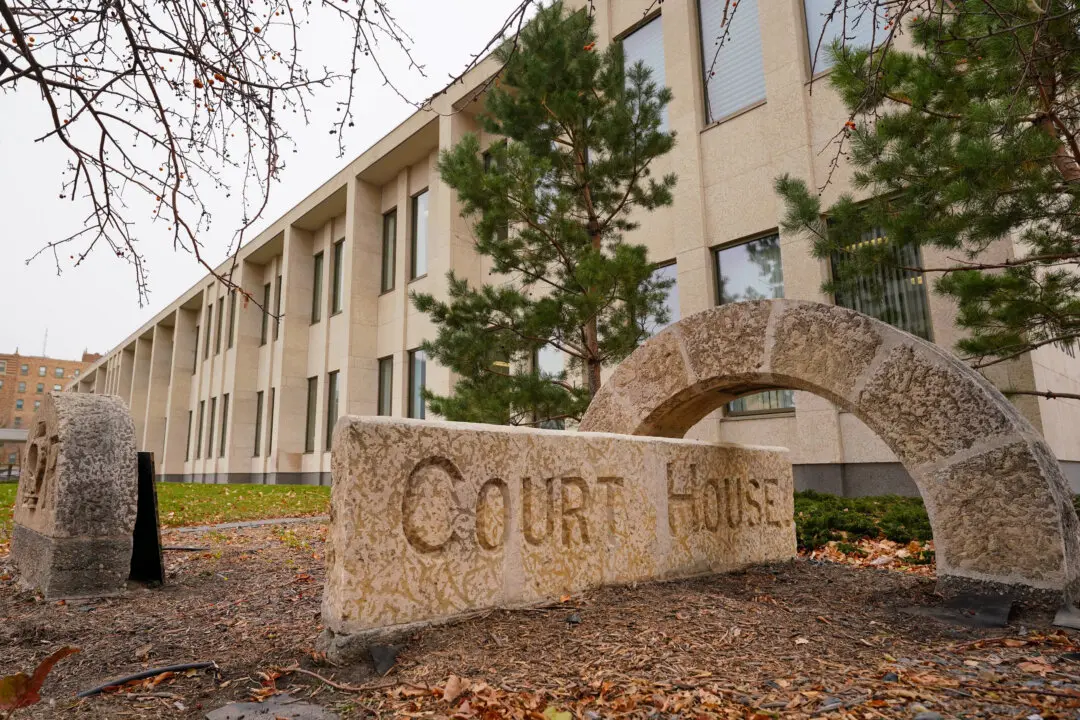Quebec Premier François Legault ramped up his call for the Bloc Québécois to vote against the Liberal government, sharing a social media post over the weekend criticizing the Bloc as an “accomplice” of Prime Minister Justin Trudeau.
Legault has been calling for the Bloc to vote against the Liberals in the upcoming non-confidence motion since they won’t give him more immigration powers. Bloc Leader Yves-François Blanchet has made it clear he won’t support the upcoming vote to bring down the government, saying he wants to see what gains his party can make from the minority Liberal government.





